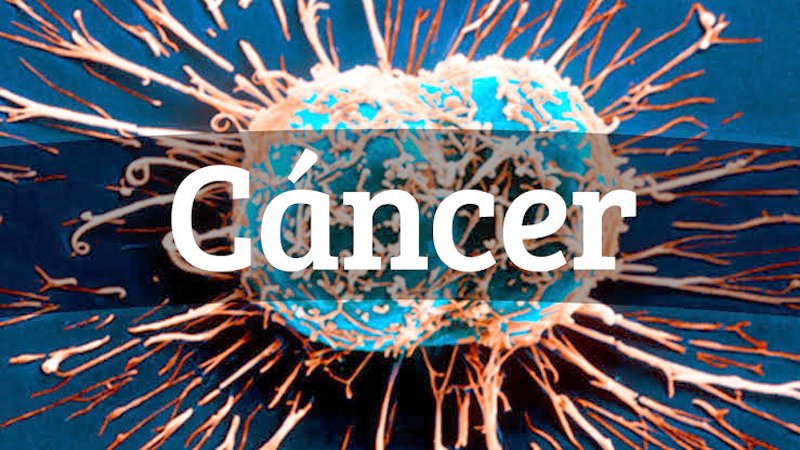Cancer is a deadly disease that slowly leads to death. It first arises as a non-harmful tumour that is often benign in nature.

Cancer needs no introduction. Cancer is a deadly disease that slowly leads to death. It first arises as a non-harmful tumour that is often benign in nature. This tumour then changes its nature and starts moving to other parts of the body.
Though discussing how it does that is beyond the scope of this article, only the advances made in diagnosis and treatment regimes will be of focus.
The treatment regime found in an ancient text dating back to 3000 BC in Egypt included the cauterization of the breast tumour as the best and most viable option. Recent advances in surgery are being extensively used as a viable and affordable option for cancer.
Research and Development in Cancer Diagnosis
Early diagnosis of the deadly disease cancer is more important than treatment. The success of cancer therapy is very much dependent on an early diagnosis.
Radiographic techniques such as MRI, CT scan, and X-rays are extensively used to diagnose cancer, but wouldn’t it be amazing to know there are methods that do not require the effort to go to a metal-coated room, inside a strange big machine, and listen to strange beeping sounds?
Scientists are developing kit-based methods to detect the early stages. The approach is safe, easy to use, and does not require as much expertise as is required these days. Similar to testing the glucose contents of the blood, these kit-based detection techniques will completely replace radiographic techniques in the future, increasing the survival rate of patients.
Research and Development in Cancer Treatment
Radiology and chemotherapy are clinical practises in cancer diagnosis and therapy. Both of these treatment options have their pros and cons; the cons are slightly greater. Both of these procedures damage not only the pathological cells but also the surrounding healthy cells.
To answer this problem, the leading scientists of the current time are working on the modulation of the patient’s own immune system against the tumour, currently known as cancer immunotherapy.
This flourishing domain includes the development of vaccines against different types of cancer for preventive measures and the reprogramming of immune cells to attack the tumour cells, leaving the healthy cells behind.
Combining computers and medicine
Another widely researched subject is the use of precision medicine for the diagnosis and treatment of cancer. Precision medicine combines computational and experimental biology, providing a more sophisticated environment for medical research and development.
Because the exact mechanisms of biological systems are under investigation at the time. There is still so much we do not know. The day is not far off when we will not be able to beat cancer.